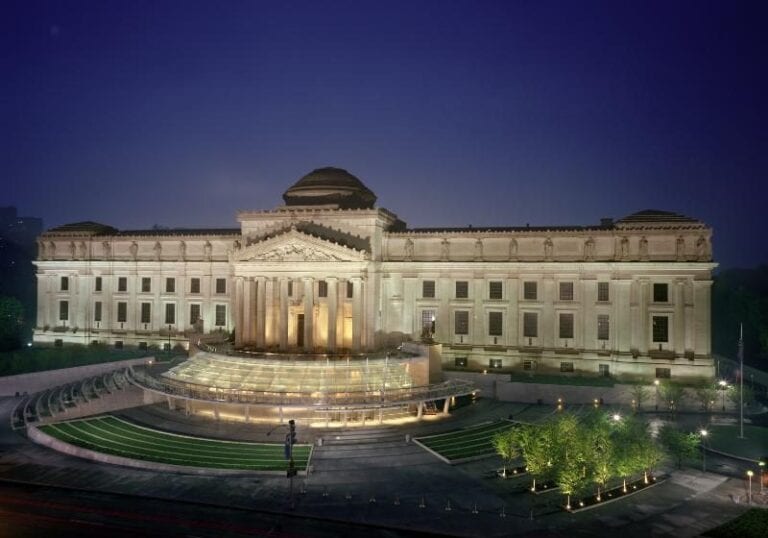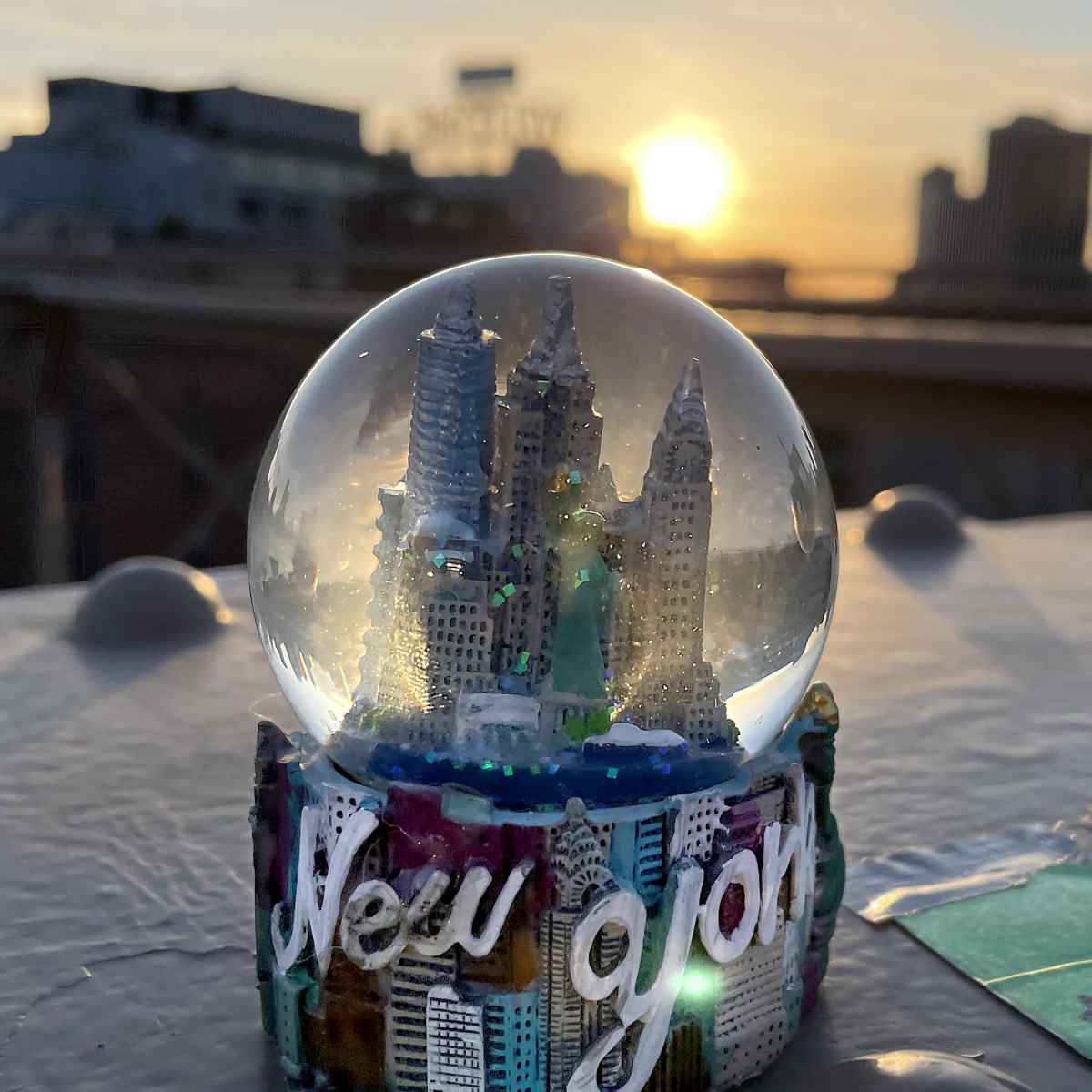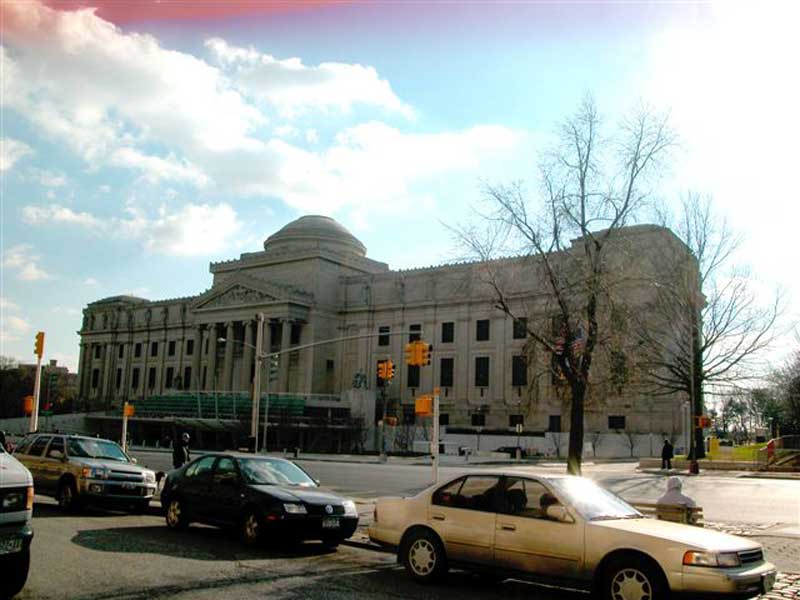

So, too, the American Museum of Natural History (AMNH) conducted a curatorial search last year, and failed, once again, to generate an Indigenous hire at a time when that institution was being pressed hard, by Indigenous, African American, and anti-colonial groups, to undertake a long-overdue reexamination of its exhibits.Īs our original letter pointed out, the details surrounding the Brooklyn Museum hire are only a gateway to the broader structural changes that New York City museums should be undertaking today. Of course, the Brooklyn Museum is hardly alone the Brooklyn Academy of Music has also fuelled the engine of gentrification in downtown Brooklyn. Contemporary art institutions are not exempt–they can no longer disregard the well-documented evidence about the role they play in helping to elevate local rents and displace residential populations. The moment is long overdue for American museums to acknowledge how and why they have been built on occupied land and filled with plundered objects. As Audre Lorde put it, “There is no such thing as a single-issue struggle because we do not live single-issue lives.” That is why we embrace an intersectional approach and it is reflected in the proposal we have put before the museum.

We belong to communities that are, at one and the same time, engaged in day-to-day struggles against settler-colonialism, white supremacy, patriarchal violence, police terror, mass incarceration, population displacement, deportation, economic precarity, and climate disaster. The controversy around the hire has now given way to public scrutiny of the foundations, the authority, and the governance of the art institution itself, and its accountability to the communities it claims to serve.'


But with all due respect to Enwezor, the crisis currently enveloping the museum cannot be resolved by a deliberation between arts experts, regardless of their background. Enwezor’s voice is marshalled by the museum to confine the conversation to matters of scholarly qualification within the arts, and to defend the curatorial appointment. The Brooklyn Museum’s response dodges these issues by leaning heavily on the voice of Okwui Enwezor, a Nigerian-born curator who is also among the most influential figures in the global artworld. To be clear, our aim was never to judge who is better trained in African art history, but to question the structural issues highlighted by the curatorial crisis. To us, however, the statement only confirms what many suspect, that the Brooklyn Museum is out of touch with the communities at its own doorstep. It gives the impression that the dispute has been put to rest by the affirmation of institutional autonomy, sealed with scholarly authority. The tone of the museum’s statement is one of confidence and closure. That article directly bolstered the museum’s position while disregarding not only our call for a Decolonization Commission, but also the support and involvement of many Brooklyn community organizations, including Brooklyn Anti-Gentrification Network (BAN), Equality for Flatbush (E4F), and Movement to Protect the People (MTOPP). It begins by noting that “we were deeply dismayed when the conversation about this appointment turned to personal attacks on this individual,” and goes on to affirm the leadership’s unequivocal support for the chosen candidate, who is praised for her educational credentials and “anticolonial approach to curating.” Not coincidentally, in our view, the statement was issued at the same time as the New York Times published an article on the controversy. On Friday, the Brooklyn Museum issued its first official statement to the publicity crisis penned by director Anne Pasternak. These would include, among other things, the colonial history of the museum’s non-western holdings, the lack of diversity among its curatorial staff and executive leadership, the fact that the museum’s buildings sit on stolen land, and the museum’s role as an agent of gentrification in Brooklyn, which has been a long-standing grievance of community groups. April 2018 - Last week, we issued a letter calling for the Brooklyn Museum to use the public anger surrounding its recent curatorial hiring decision as an opportunity to participate in forming a Decolonization Commission that would address deeply rooted injustices pertaining to the museum.


 0 kommentar(er)
0 kommentar(er)
